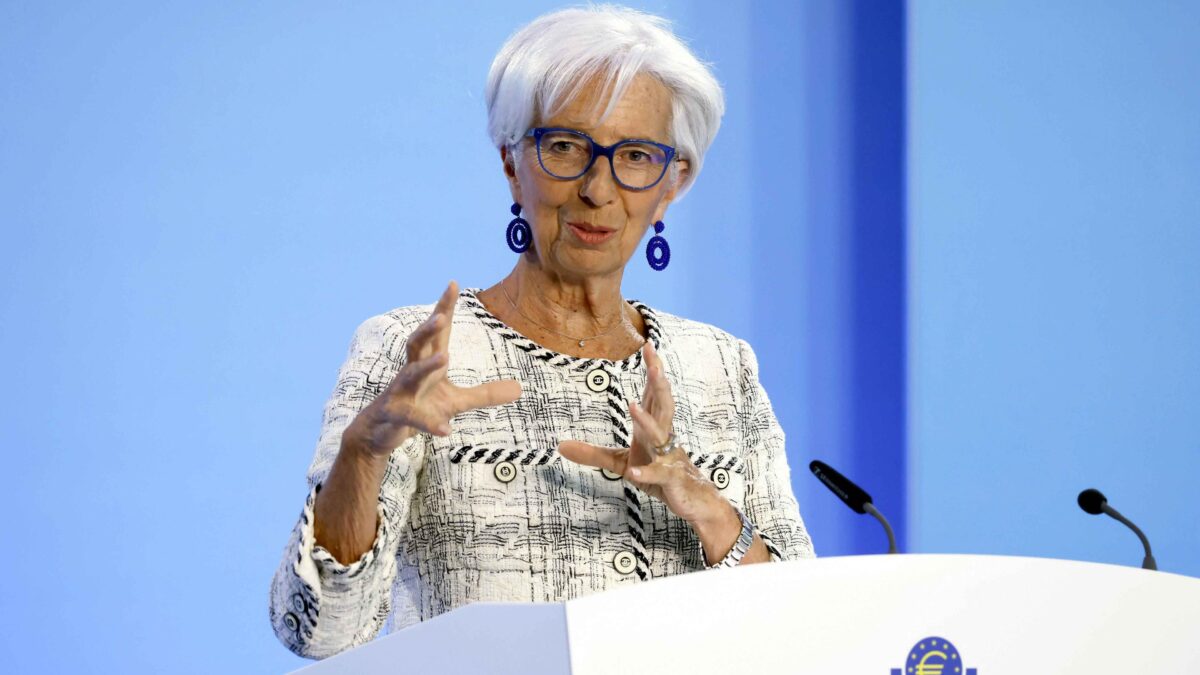Jakarta, 22 January 2024 – World economists attending the World Economic Forum (WEF) Davos 2024 assess that currently the global economy is moving towards a new normal after the Covid-19 pandemic.
President of the European Central Bank, Christine Lagarde, said that there had been a change in habits among people after the pandemic and this was becoming a new normalization. He identified three trends that will start to return to normal in 2023, namely consumption, trade and inflation.
“In 2023 we will see the beginning of normalization. “When you look at consumption for example, around the world, consumption is still the driving force of growth, but the tailwind that we are taking advantage of, is gradually fading,” said Lagarde, quoted from CNBC, Sunday (21/1/2024).
The pandemic is considered to have caused a decrease in spending and an increase in people’s savings, while global trade has also been disrupted. In October 2022, eurozone inflation reached 10.6%, but fell in 2023 to 2.9% in December.
During the pandemic, people are said to prefer buying services rather than goods. However, the World Trade Organization (WTO) estimates that trade will increase by 3.3% in 2024, according to estimates released in October 2023.
“Around the world inflation is falling and we have seen that in November, both in general inflation and core inflation. “So that is what I call the normalization that we have observed in 2023,” said Lagarde.
AI Challenges
Meanwhile, the German Minister of Finance, Christian Lindner, assessed that after the pandemic, the world community is now faced with various new challenges. One of them is related to advances in artificial intelligence (AI) technology.
“Think about the artificial intelligence race, geopolitical tensions and threats of fragmentation that we will have to face in the next few years. “Higher debt levels in the wake of the pandemic and rising energy prices, which have shrunk our fiscal space to finance transformation, and provide very little perspective on global economic growth,” said Lindner.
According to Lindner, stakeholders need to take action to reorganize several policies. He views that currently world society is at the beginning of a new era of structural reform.
The original article in Bahasa Indonesia can be accessed here

